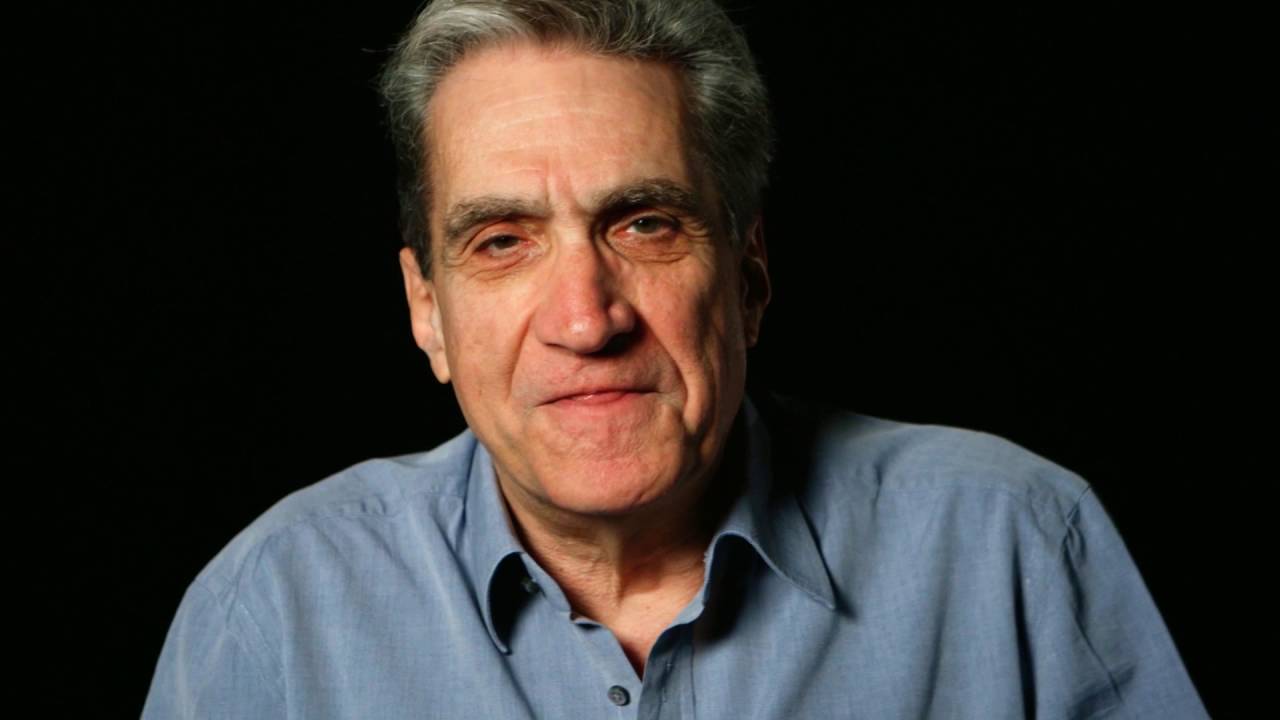By putting “Feeling” next to “Freedom,” I hope to emphasize a few points:
In one sense, “feeling” implies that freedom is often a kind of illusion. As William Butler Yeats writes in “Adam’s Curse”: “I said, ‘A line may take us hours, may be, / Yet if it doesn’t seem a moment’s thought, our stitching and unstitching has been nought.’” This is a familiar idea—the virtuoso in basketball, or stand-up comedy, or dance, can “make it look easy” as the result of much work and practice.
In a different way, though, “Feeling” emphasizes exhilaration beyond mere expertise: that rare thrill of feeling liberated. The great Italian writer Primo Levi, confined in a concentration camp, writes about the value of his memorized lines by Dante Alighieri, their importance to him and to others enslaved there. Though the chapter proposes that for a poet the opposite of freedom might be feeling blocked, unable to write, there is also the simpler opposite of tyranny.
More directly, I hope this chapter will convey an unlimited range of possibilities.
